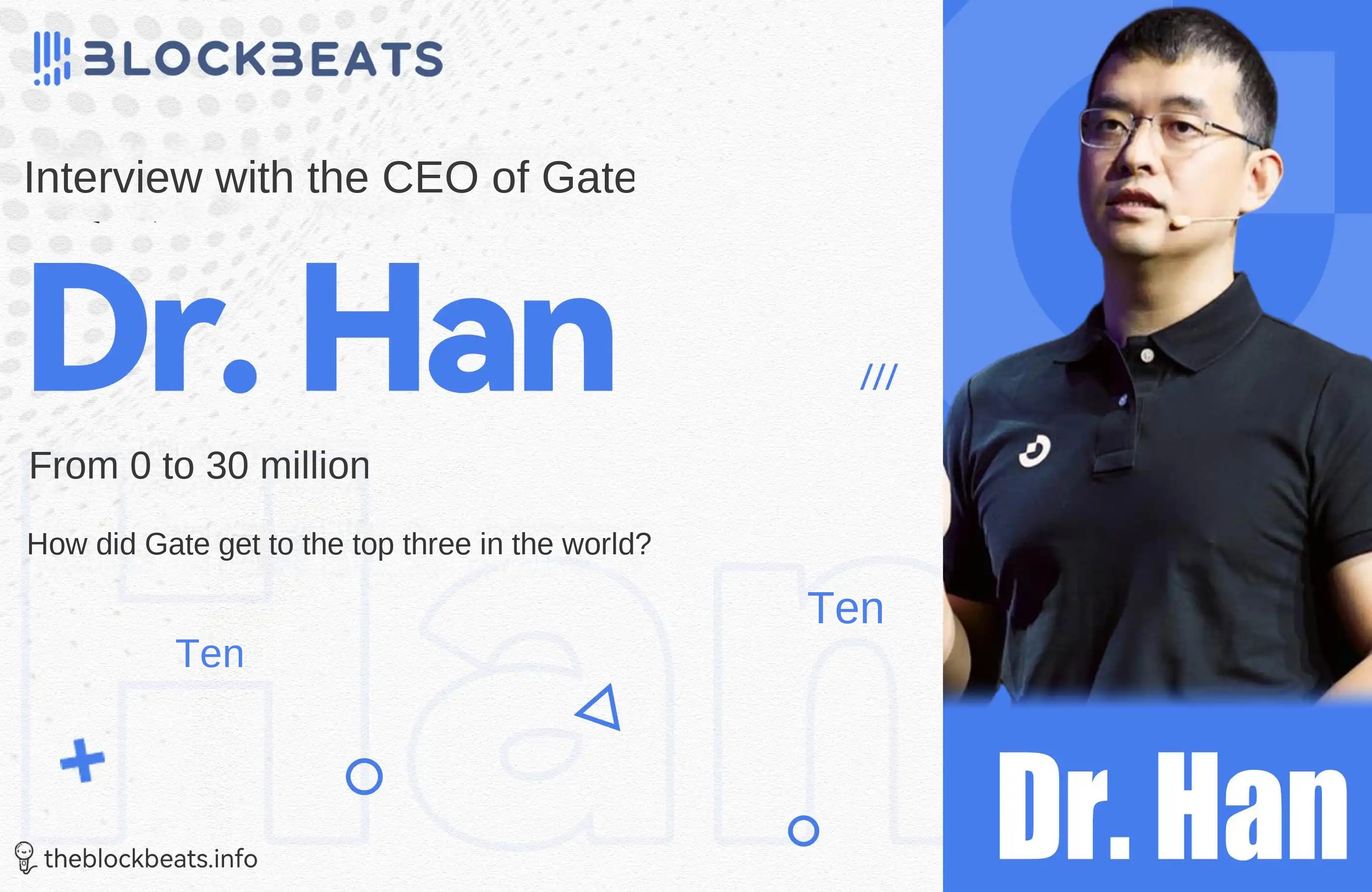Arthur Hayes launched Maelstrom Capital, a crypto fund that targets infrastructure and is wary of U.S. projects
原文标题:《 Arthur Hayes 成立加密基金 Maelstrom Capital,瞄准基础设施,慎投美国项目 》
Original article by Sam Reynolds, CoinDesk
原文编译:Felix, PANews
Arthur Hayes is looking for returns beyond bitcoin and ether. Hayes, former CEO of cryptocurrency exchange BitMEX, and Vaidya, former head of corporate development at BitMEX, co-founded Maelstrom Capital, an investment vehicle, with Vaidya serving as head of investment. Hayes and Vaidya said Maelstrom is targeting infrastructure companies because infrastructure makes sense at this point in the cycle. Vaidya says the market is looking to scale users, but the market doesn't have the infrastructure to support that scale.
Maelstrom was set up as Hayes' family office, and the money came from Hayes. Since there is no LP to deal with (it is Hayes' money after all), there is no rush to deploy capital to earn management fees, so there is plenty of "patience".
"We want to look for projects that have real quality," Hayes says. "It's not a 'spray and pray' game, because we don't have an external LP (you have to be careful because it's your own money)."
Vaidya explains that infrastructure deals "have a strong technical moat to deal with a large market, and the business is easy to understand: 'P' times market size".
Good companies are born in bear markets
Compound, Aave, and Uniswap were all founded in 2017, but didn't hit the masses until 2019, and didn't go mainstream until the summer of DeFi 2020.
Hayes said: "At the time, nobody cared about them because of the negative sentiment and huge bear market in IC0. This led to a proliferation of projects claiming to be the next Uniswap, Compound or Aave, many of which didn't quite fit. Investors are willing to put money into these projects because they know they can get out within a few months of getting their tokens."
Hayes believes the tipping point for the projects he's investing in now could come sometime around 2024, when the market will start to question whether the projects have delivered on their promises, built products, gained customers and proved whether their technology works. Cloning projects and a stampede of investors followed, as happened during the 2020-2021 COVID-19 bull market, with Uniswap, Compound and Aave cloning projects all seeing significant funding.
"It's important to make money at this stage of the crypto cycle, but it's also important to do a good job during a bear market to discern which companies are really valuable and which are just copycats," Hayes said. Some of them are doing well, and some of them are "shit money" that Hayes won't hesitate to buy when the time comes, because returns in the crypto industry are generated when a bear market turns into a bull market.
"But that doesn't mean we always invest in good quality projects, we also invest in some" shit "projects because today we got" junk "tokens." "Three months to sell, because that's the narrative of the 'junk' project."
Building in the crypto wars waged by regulation
In some ways, Hayes may have been the first shot -- or the first victim -- in the U.S. government's war on the crypto industry.
In 2020, the US Department of Justice charged Hayes with violating the Bank Secrecy Act (BSA) by failing to implement KYC and anti-Money laundering (AML) controls that allowed money laundering on the BitMEX platform. Hayes and BitMEX co-founder Ben Delo pleaded guilty in February 2022.
The guilty plea means that the government's evidence and arguments against Hayes and others have never been tested in the adversarial setting of a courtroom. BitMEX is not a US company and does not use US dollars. As legal experts stressed at the time, the only other case the BSA had used to prosecute a non-bank financial institution ended in a stay of prosecution - a stay of prosecution to hide the irrationality of the way it was prosecuted.
So Hayes and Vaidya are certainly thinking about the long-term implications of U.S. regulators.
"Especially in this cycle, the advantage of investing in infrastructure projects is that a lot of infrastructure projects aren't really on the regulatory radar as much as other projects," Vaidya said. An example of this, according to Vaidya, is their investment in EtherFi, a decentralized unmanaged liquidity mortgage platform, which closed a $5 million funding round in February.
"There was no one to go after because the company wasnonTrusteeship, "he said. "This company will never receive a Wells notice." All of Maelstrom's portfolio companies, with the exception of one without a token model, are outside the United States. Vaidya explained that even if the project's founder was American, he would have registered in an encryption-friendly jurisdiction such as Switzerland.
Original link
Welcome to join the official BlockBeats community:
Telegram Subscription Group: https://t.me/theblockbeats
Telegram Discussion Group: https://t.me/BlockBeats_App
Official Twitter Account: https://twitter.com/BlockBeatsAsia
 Forum
Forum OPRR
OPRR Finance
Finance
 Specials
Specials
 On-chain Eco
On-chain Eco
 Entry
Entry
 Podcasts
Podcasts
 Activities
Activities








